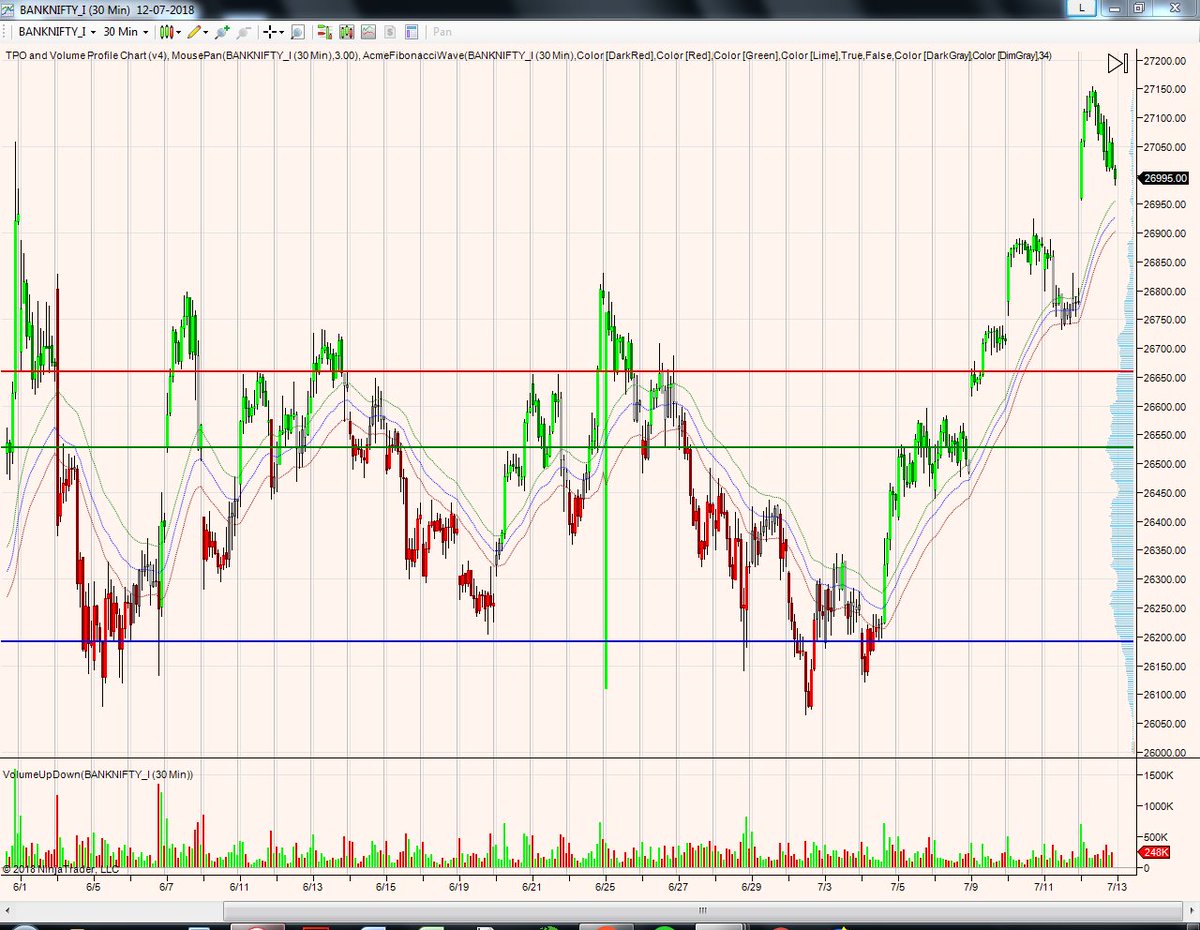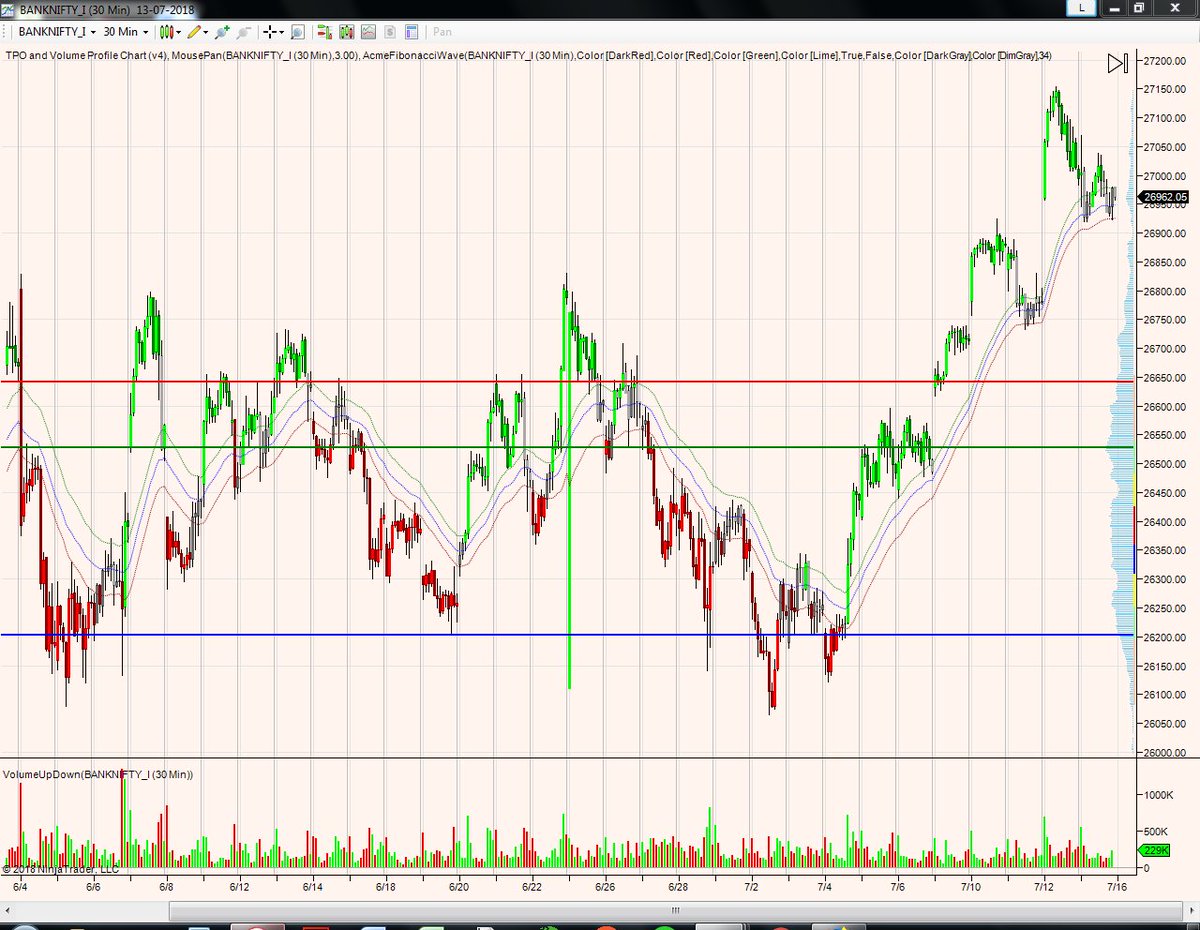Skin In The Game-Hidden Asymmetries in Daily Life by Nassim Nicholas Taleb
Week 1
#WeekendReading
#LearningTogether
Week 1
#WeekendReading
#LearningTogether
https://twitter.com/IMRiskManager/status/1015412114746322944
1 Skin in the Game is about four topics in one: a) uncertainty and the reliability of knowledge (both practical and scientific, assuming there is a difference), or in less polite words bull***t detection, b) symmetry in human affairs, that is, fairness, justice, responsibility...
2 ...and reciprocity, c) information sharing in transactions, and d) rationality in complex systems and in the real world. That these four cannot be disentangled is something that is obvious when one has…skin in the game.
3 If you give an opinion, and someone follows it, you are morally obligated to be, yourself, exposed to its consequences. In case you are giving economic views:
Don’t tell me what you “think,” just tell me what’s in your portfolio.
Don’t tell me what you “think,” just tell me what’s in your portfolio.
4 You cannot separate knowledge from contact with the ground. Actually, you cannot separate anything from contact with the ground. And the contact with the real world is done via skin in the game—having an exposure to the real world.
5 Bureaucracy is a construction by which a person is conveniently separated from the consequences of his or her actions.
6 You will never fully convince someone that he is wrong; only reality can.
7 The curse of modernity is that we are increasingly populated by a class of people who are better at explaining than understanding.
8 Evolution can only happen if risk of extinction is present. Further,
There is no evolution without skin in the game.
There is no evolution without skin in the game.
9 It is easier to know that something is wrong than to find the fix. Actions that remove are more robust than those that add because addition may have unseen, complicated feedback loops.
10 Avoid taking advice from someone who gives advice for a living, unless there is a penalty for their advice.
11 Forecasting (in words) bears no relation to speculation (in deeds).
I personally know rich horrible forecasters and poor “good” forecasters. Because what matters in life isn’t how frequently one is “right” about outcomes, but how much one makes when one is right.
I personally know rich horrible forecasters and poor “good” forecasters. Because what matters in life isn’t how frequently one is “right” about outcomes, but how much one makes when one is right.
12 By definition, what works cannot be irrational; about every single person I know who has chronically failed in business shares that mental block, the failure to realize that if something stupid works (and makes money), it cannot be stupid.
13 Things designed by people without skin in the game tend to grow in complication (before their final collapse).
14 Entrepreneurs are heroes in our society. They fail for the rest of us. But owing to funding and current venture capital mechanisms, many people mistaken for entrepreneurs fail to have true skin in the game in the sense that their aim is to either cash out ...
15 ...by selling the company they helped create to someone else, or “go public” by issuing shares in the stock market.
16 Learning is rooted in repetition and convexity, meaning that the reading of a single text twice is more profitable than reading two different things once, provided of course that said text has some depth of content.
17 Beware of the person who gives advice, telling you that a certain action on your part is “good for you” while it is also good for him, while the harm to you doesn’t directly affect him.
18 So, “giving advice” as a sales pitch is fundamentally unethical—selling cannot be deemed advice. We can safely settle on that. You can give advice, or you can sell (by advertising the quality of the product), and the two need to be kept separate.
19 The ethical is always more robust than the legal. Over time, it is the legal that should converge to the ethical, never the reverse.
Hence:
Laws come and go; ethics stay.
Hence:
Laws come and go; ethics stay.
• • •
Missing some Tweet in this thread? You can try to
force a refresh
















